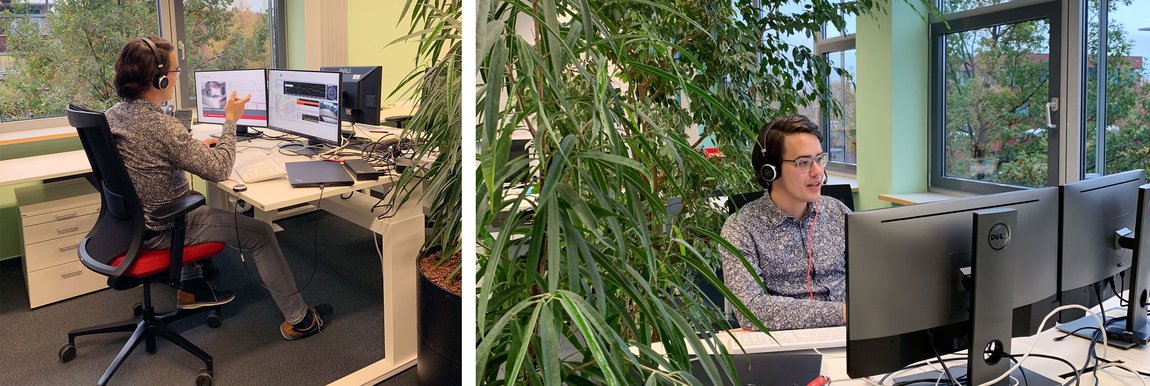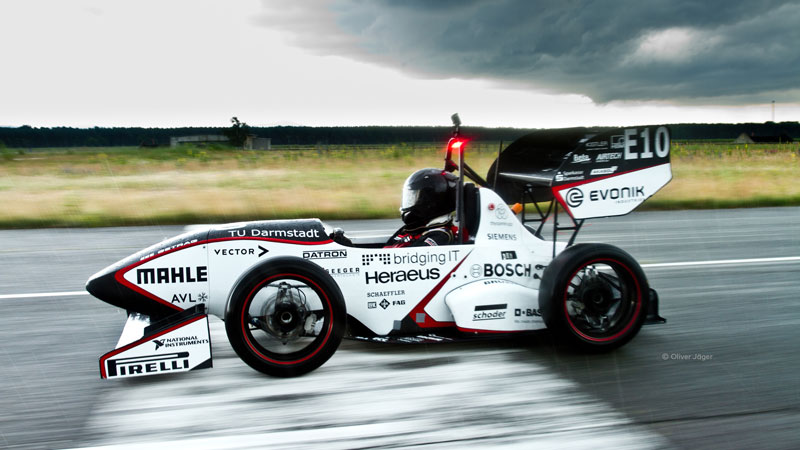Formula Student Teams: Virtual Training for Success on the Race Track
Even during the coronavirus pandemic, all the Formula Student Teams have remained highly motivated to put a fast, reliable vehicle on the starting grid. Vector currently supports around 50 teams in Germany and abroad. But more is required than just hardware and software to achieve this goal. Only expertise and experience give the crucial edge over the competition.

The three-day training course for Formula Student developers was run by experienced trainers from the VectorAcademy and taught basic knowledge along with a whole range of tips and tricks for mastering networking in the world of racing cars. Specifically, the topics of measurement, analysis and simulation with CANoe, use of data loggers and measurement data evaluation with vSignalyzer were covered. Interaction between the teams is also encouraged and new contacts are made.
In accordance with the coronavirus regulations, the training courses at the end of October and start of November were held not in our new, state-of-the-art Vector training center in Stuttgart but as virtual courses on a screen. But this did not get in the way of successful completion of the course.

Formula Student Germany - Supported by Vector Since 2009
In Formula Student Germany, which is probably the largest student design competition, teams compete in three classes: with combustion engines, electric drives and autonomous vehicles. Since 2009 Vector has been supporting many teams with analytical, test and measurement data evaluation tools, network interfaces, data loggers and technical expertise. The aim: to support the students’ commitment with practical training.
In 2019 around 3,500 students in 119 teams, originating from a total of 25 countries – including from all over Europe – took part. Teams from North America and Asia were also represented on the starting grid. Interdisciplinary collaboration and agile product development processes are required to put competitive racing cars on the track within a year – experience that will be extremely helpful to the students in their subsequent professional lives.